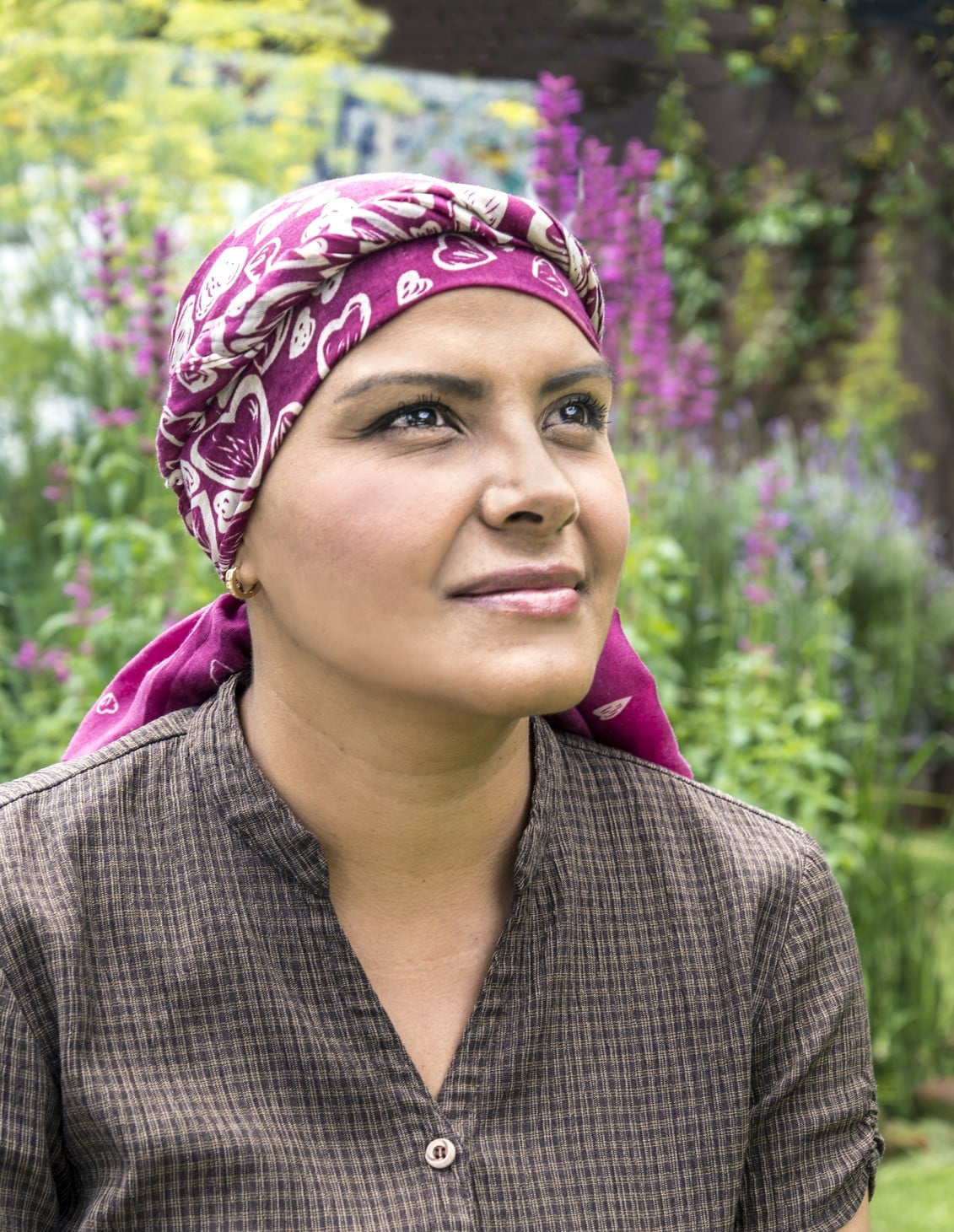
In my past career as a registered nurse, I regularly witnessed the looks of shock and fear on the faces of patients who had just learned of their breast cancer diagnosis. Nothing can ever prepare you to hear those words from a doctor, yet 1 in 91 Canadian women will experience this moment in their lifetime – and almost 702 women in Canada will hear those words on the day you read this post.

Based on the most recent statistics, the Canadian Breast Cancer Foundation estimates that last year 25,000 women and 220 men in Canada received a breast cancer diagnosis and about 5,000 women and 60 men died from the disease. It remains the most commonly diagnosed form of cancer for Canadian women.
Fortunately, advances in treatment and better early detection has brought the five-year survival rate to 88 per cent and the mortality rate has dropped by 44 per cent since its peak in the 1980s3.
Knowing that the long-term outlook for survivors is better than ever does not mean that the road ahead will be an easy one. The physical, mental and emotional toll of the disease can be intense and the residual effects of treatment can be exhausting.
Women of working age who are undergoing treatment or returning to work after an absence face unique challenges as they manage the demands of their jobs with the realities of the disease. Perhaps these women might struggle to receive adequate time off for their medical appointments; be overlooked for promotion, face demotion or even termination if they are unable to work as they had prior to their illness; or struggle to communicate and work well with colleagues who are either ignorant or unsympathetic to their post-cancer abilities and energy levels.
Physical or cognitive limitations due to treatment may make a return to the same position or a similar one very difficult to achieve. If a return is not possible in the short- or long-term, a breast cancer survivor may be entitled to draw upon disability benefits.
Unfortunately, unjust denial of these benefits is not uncommon and it can be especially difficult to imagine having to battle with an insurance provider so soon after battling such a terrible disease. Just as breast cancer survivors can draw support in their journey back to health from family, friends, and other loved ones, so too should they know that help is available for them to obtain benefits they have been unfairly denied.
At HSH, we’re proud to support initiatives like The Pink Party to help survivors in their recovery and hopefully to find a cure and/or prevent others from facing this challenging diagnosis.
For more information on this article or on long-term disability claim denials, please contact Renée Vinett at 416-361-7560, email at rvinett@hshlawyers.com.
[1] [2] [3] www.cbcf.org


